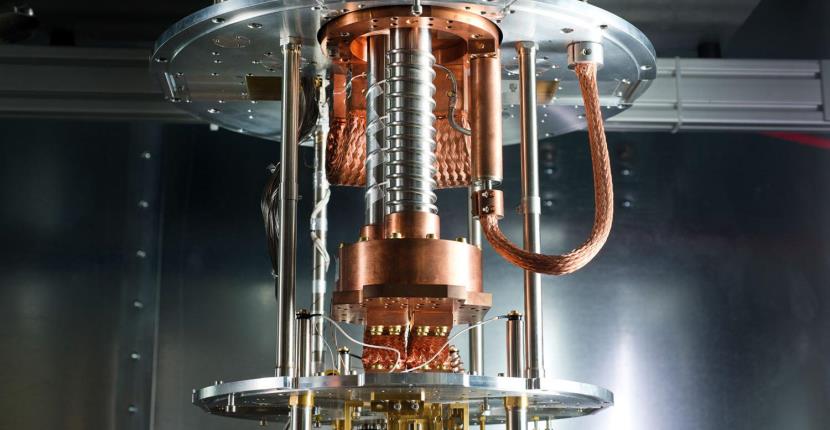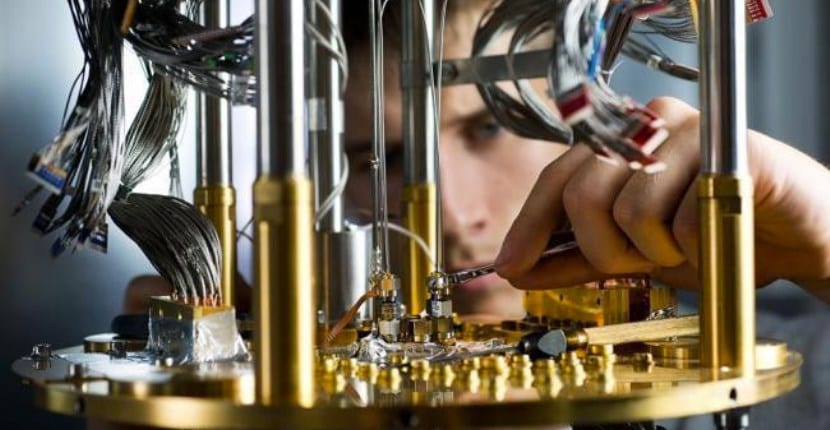
As we have seen in recent months, it seems that the field of quantum computing is much more alive than we could have imagined long ago. Proof of what I say is not only found in the latest advances published by large companies such as IBM, Microsoft or Google, but also in how other large companies in the sector, such as IntelThey also have very interesting news to present.
At the moment, the truth is that only Intel seems to intend to enter the field of quantum computing, although, as is to be expected and in not too long, surely its greatest rival in the manufacture of microprocessors, AMDAlso have some kind of advance that they can present to us, as they say, in this sense it is only a matter of time.
Quantum computing is presented as something indispensable in the medium term
As a reminder, the development of quantum computing is vital if we want to achieve electronic devices, in general, capable of processing information in a much easier way. This is vital since, as discussed in different studies, humanity today is capable of generate much more information than you can process, save and retrieve.
The idea behind quantum computing is that of, through the use of so-called quantum bits o qubits, not only to be able to solve complex algorithms that with traditional computing is almost impossible to find a solution, but also to notably improve the response speed of practically all the algorithms that can be executed today.
At the moment this processor, the first of its kind, has been delivered by Intel to the specialists in quantum computing in QuTech, one of its partners in this field and who, in turn, belong to the Delft University of the Netherlands. Undoubtedly, a new advance in quantum computing that will surely begin to give results within not too long.

Intel officially unveils its new 17-qubit quantum computing chip
Going into a little more detail, as has been revealed by Intel itself, this new 17 qubit quantum processor stands out from the rest of the bets of the different manufacturers in three key points:
- It has been designed from a new architecture that allows it to increase its reliability, thermal performance while, in turn, offering less radio frequency interference between the qubits
- It has a new scalable interconnection scheme with which it can emit up to 100 times more signals inside and outside the chip itself.
- A new methodology of processes, materials and advanced designs has been developed that allows it to be much superior compared to conventional silicon chips.
As you can see, we are talking about different characteristics of a chip that aims to be the first step of a revolution in the world of computing and that other companies take an example of this development and begin to use this type of technologies and forms interconnection between the different chips in order to finally get to create this standard that, unfortunately, so much is missed in this type of development.

There is still a long way to go until quantum computing is a technology that can reach the world
Far from all this and as a final note I have to remind you that, despite the great strides that are being taken in quantum computing, the truth is that there are still many challenges to be solved and that are inherent in the construction of viable large-scale quantum systems.
An example of the above we have literally in the qubits themselves since these are tremendously fragile, as much as any noise or bad manipulation can trigger data loss. One way to solve this in the case of Intel is through include a special packaging to improve the preservation of the chip itself for longer periods of time.
